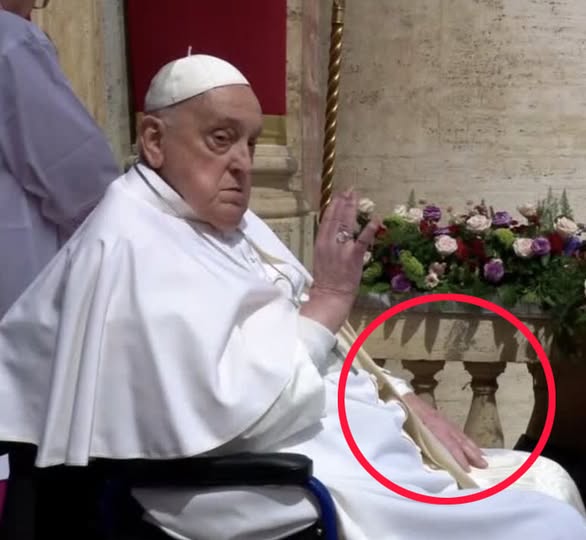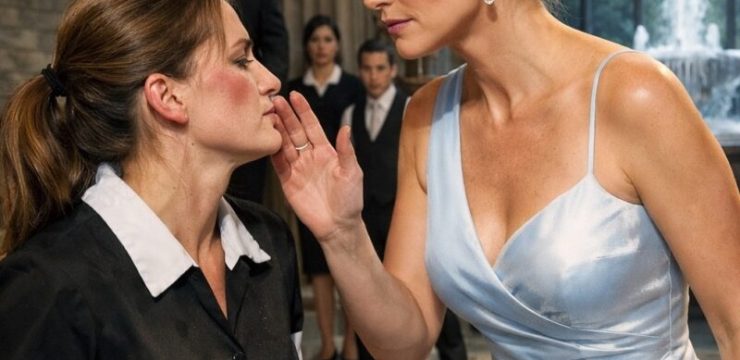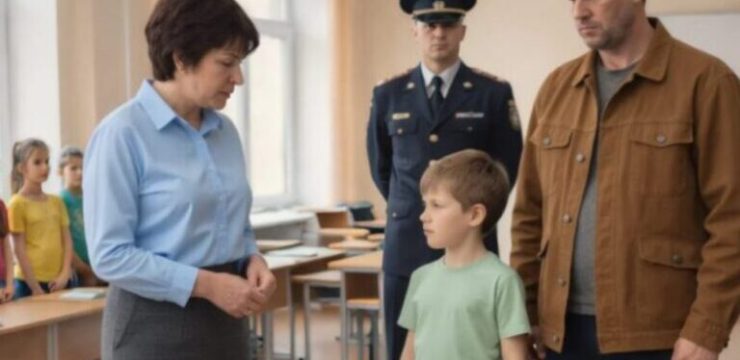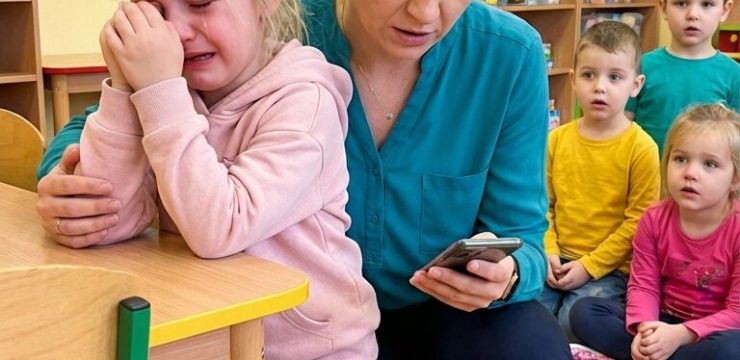This morning, the world was met with the heartbreaking news of Pope Francis’s passing, announced by the Vatican on Easter Monday. At 88 years old, Pope Francis’s death marks the end of a papacy defined by compassion, humility, and a deep commitment to justice and unity. Just one day before, on Easter Sunday, he made what would be his final public appearance—an emotional moment for the thousands who had gathered in Rome for the sacred holiday.

People from around the globe had flocked to Vatican City for Easter, unaware that they were witnessing history. Despite battling a severe case of double pneumonia, which had significantly impacted his health in recent months, Pope Francis appeared briefly on the balcony of St. Peter’s Basilica. Though too ill to lead Mass, which was conducted by Cardinal Angelo Comastri in front of tens of thousands of worshippers, the Pope made a heartfelt effort to greet the crowd. In a wheelchair and visibly frail, he offered his blessing and a warm “Happy Easter” to the faithful, a simple gesture that carried immense weight.
Traditionally, the Pope delivers the “Urbi et Orbi” blessing on Easter Sunday—a message addressed “to the city and to the world.” This year, due to his health, a Vatican archbishop read the address on his behalf. Still, the words were his, and they carried a sense of urgency and depth that made this final message particularly powerful. In what would become his last public address, Pope Francis spoke out on several pressing global issues. He condemned the increasing spread of antisemitism and drew attention to the humanitarian crisis in Gaza. With heartfelt emotion, he mentioned the suffering of the Christian community in the region, calling for an immediate ceasefire and a greater commitment to peace.
“I think of the people of Gaza, and its Christian community in particular, where the terrible conflict continues to cause death and destruction and to create a dramatic and deplorable humanitarian situation,” the message read. His words resonated far beyond St. Peter’s Square, reaching a global audience seeking hope and moral clarity. Pope Francis also emphasized the vital importance of human rights, urging the world to protect freedoms of religion, thought, and expression. He warned that peace could never be achieved without a foundation built on mutual respect. “There can be no peace without freedom of religion, freedom of thought, freedom of expression and respect for the views of others,” he stated, reaffirming his long-held belief that true peace begins with understanding and dignity for all. After the address was read, the Pope was driven slowly through the crowd in an open-top vehicle, allowing the faithful one last chance to see him and receive his blessings. It was a powerful farewell—quiet, but deeply moving.
Leading up to his passing, Pope Francis had spent time in and out of Rome’s Gemelli Hospital, where he had been treated for several weeks before being released just four weeks prior. Despite leaving the hospital, his doctors had advised that he continue resting, as his body was still recovering from the life-threatening illness. Because of his poor health, the Pope was unable to attend most of the traditional Holy Week services, marking the first time since his election in 2013 that he had missed these major events. He did not participate in the Good Friday Stations of the Cross at the Colosseum, the Holy Saturday Easter Vigil at the basilica, or the symbolic foot-washing ceremony on Holy Thursday that honors Jesus’s act of humility. However, he still managed to make a brief appearance on Saturday to greet those who had come to the Vatican. Pope Francis leaves behind a profound and enduring legacy. His years as the leader of the Catholic Church were marked by a deep sense of moral responsibility, an unwavering call for compassion, and a willingness to address difficult truths. He became a global symbol of humility and hope, consistently advocating for the poor, the marginalized, and those suffering injustice. His final address will be remembered not only for its message, but for the strength and love it represented. It was the voice of a man who, even in his final days, never stopped speaking for peace. Please share this message with those who would be comforted by Pope Francis’s final words and the extraordinary life he led.





